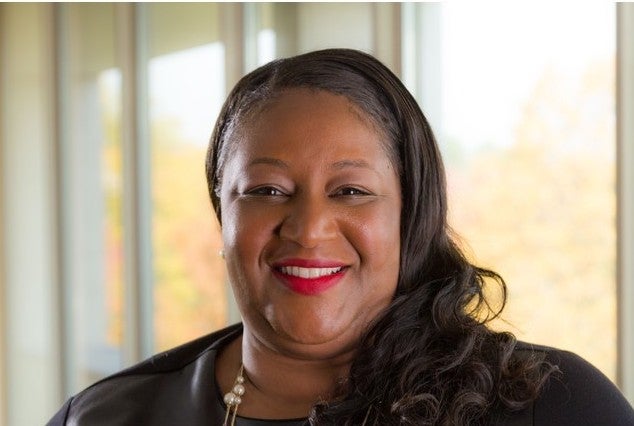
Growing up, Sandra L. Richards was always the first to finish her math quizzes in elementary school. Back then, she just thought she liked playing with numbers. Little did she know, that skill would carry on throughout her life.
As Morgan Stanley’s Head of Global Sports & Entertainment, she regularly works in partnership with their 218 financial advisors who hold the designation as global sports and entertainment directors around the country.
“The role I like to think I have is being able to create the opportunities for those that need it most,” Richards said.
She said her interest in pursuing finance as a career pathway began at 17 when her father passed away, leaving her mother bereft of direction.
“My mom had no clue where anything was—no clue about what my dad had in the bank,” she shared with Essence. She said her father managed the household finances while alive, so her mother was left scrambling.
“I saw how her life almost crumbled right before my eyes, and I vowed then and there to never be in that kind of situation,” she said.
Although devastating, that situation taught Richards the importance of financial awareness and literacy, something she is an advocate for, particularly regarding women in sports.
On average, professional male athletes make more than triple what female athletes earn. CBS Sports reported that the average male NBA player rakes in $5.3 million a year, with the more popular players getting paid significantly more. Steph Curry and Kevin Durant, for example reportedly earn $45.7 million and $42 million a year, respectively. While WNBA stars can earn an average of $130,000 a year.
In answer to this, Richards has worked tirelessly to amplify awareness of Title IX, legislation that gives women athletes the right to equal opportunity in sports in educational institutions that receive federal funds.
Recently, Richards hosted a conversation in Chicago for WNBA’s All-Star weekend around the importance of women’s financial empowerment.
“The event was aptly called Betting on Women because it was a call to action to examine how we can support marginalized groups achieve parity in that space.”